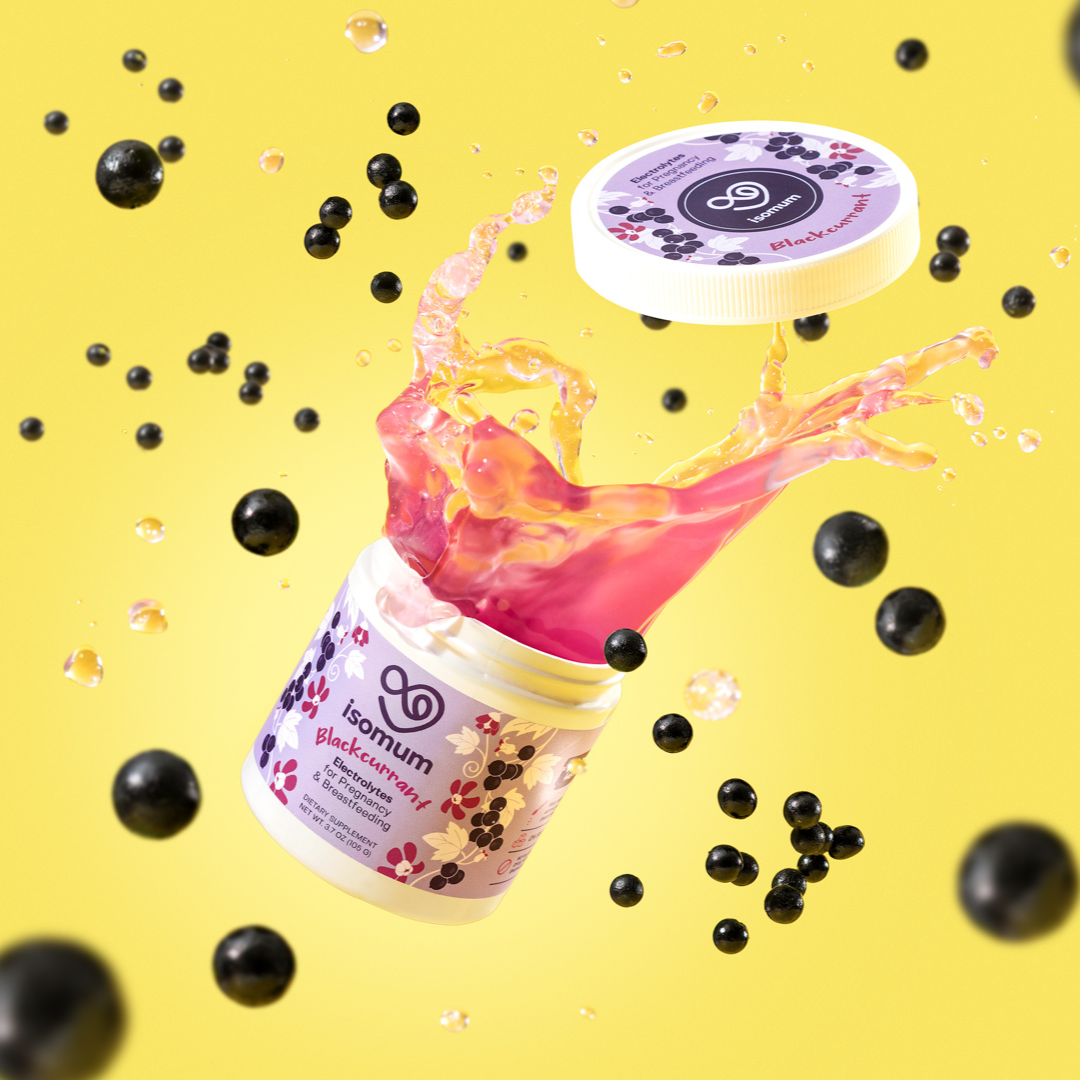by Dr Arpae Tu – Doctor of Medicine (MD), Obstetrics and gynecologist
Water and electrolyte plays an important role throughout the pregnancy and even in post natal period.
Early Pregnancy
Nausea and vomiting is common problem in early pregnancy. But you could be suffering from it worst than usual. Most pregnant women may experience mild to severe degree of nausea and vomiting. Lost body fluids leads to electrolyte imbalance and dehydration. Some may suffer severe forms of nausea and vomiting which is called hyperemesis gravidarum. It’s consequences can be severe enough to malnutrition, physical and psychological debility and other adverse pregnancy outcomes including preterm birth and low birth weight baby. Most common treatment are antiemetics, fluid replacement and correction of electrolyte imbalance.
During 2nd half of pregnancy
Adequate fluid intake can help in correcting reduced liquor amount which is the fluid surrounding the fetus within the mother’s womb. Reduce liquor may lead to adverse pregnancy outcomes such as foetal distress, intrauterine growth retardation and preterm labour.
In some conditions, fluids may be needed more than usual, such as hot climate, fever and diarrhoea. So, drinking more fluids and electrolyte drinks should take priority in these circumstances.
During delivery
Delivery process itself is a very tiring journey and physical and psychological strength of mother is a key factor for successful delivery. Fluid intake is usually reduced during delivery due to pain and other inconveniences such as not easily accessible to drink. Sweating and blood loss during delivery may cause fluid and electrolyte loss and lead to dehydration. Dehydrated mothers suffer from fatigue, weakness, dizziness and drowsiness and low energy levels. This can lead to poor maternal effort and may increase the length of labour, prolong delivery time, failure to progress can lead to instrumental delivery or even emergency caesarean section. Both these modes carry increased risk to mother and baby over spontaneous vaginal birth. So adequate hydration before and during labour is very important.
After delivery
Breast milk is unique nutrients for baby. No formula milk is superior than breast milk. Adequate and exclusive breast feeding up to 6 months of age is critical. Exclusive breast feeding means baby is fed only with breast milk. To fulfill exclusive breast feeding, maternal breast milk production must be sufficient. Adequate fluid intake is essential for breast milk production. So, balanced diet and adequate fluid intake is very important for breast feeding mothers.
Important things to know
When the patients suffer symptoms as a result of dehydration, it can be misdiagnosed as preeclampsia because symptoms are similar. Preeclampsia is hypertensive disorder of pregnancy with significant amount of protein in urine of pregnant women. Careful blood pressure monitoring, review blood investigation results and monitor other signs and symptoms is important to get accurate diagnosis.
Another important things is that over hydration may get serious adverse effects such as water intoxication, pulmonary oedema and finally to heart failure especially in pregnant mother with heart disease and hypertension. Fluid restrictions may be needed in these patients.
Fluid and electrolyte balance is important for pregnant mother from very early pregnancy, throughout pregnancy, during delivery and even in breast feeding period. Inadequate intake, as well as over hydrating can give adverse outcomes. So, balanced and adequate hydration plays a significant role in optimising good birth outcomes for both mother and baby.


